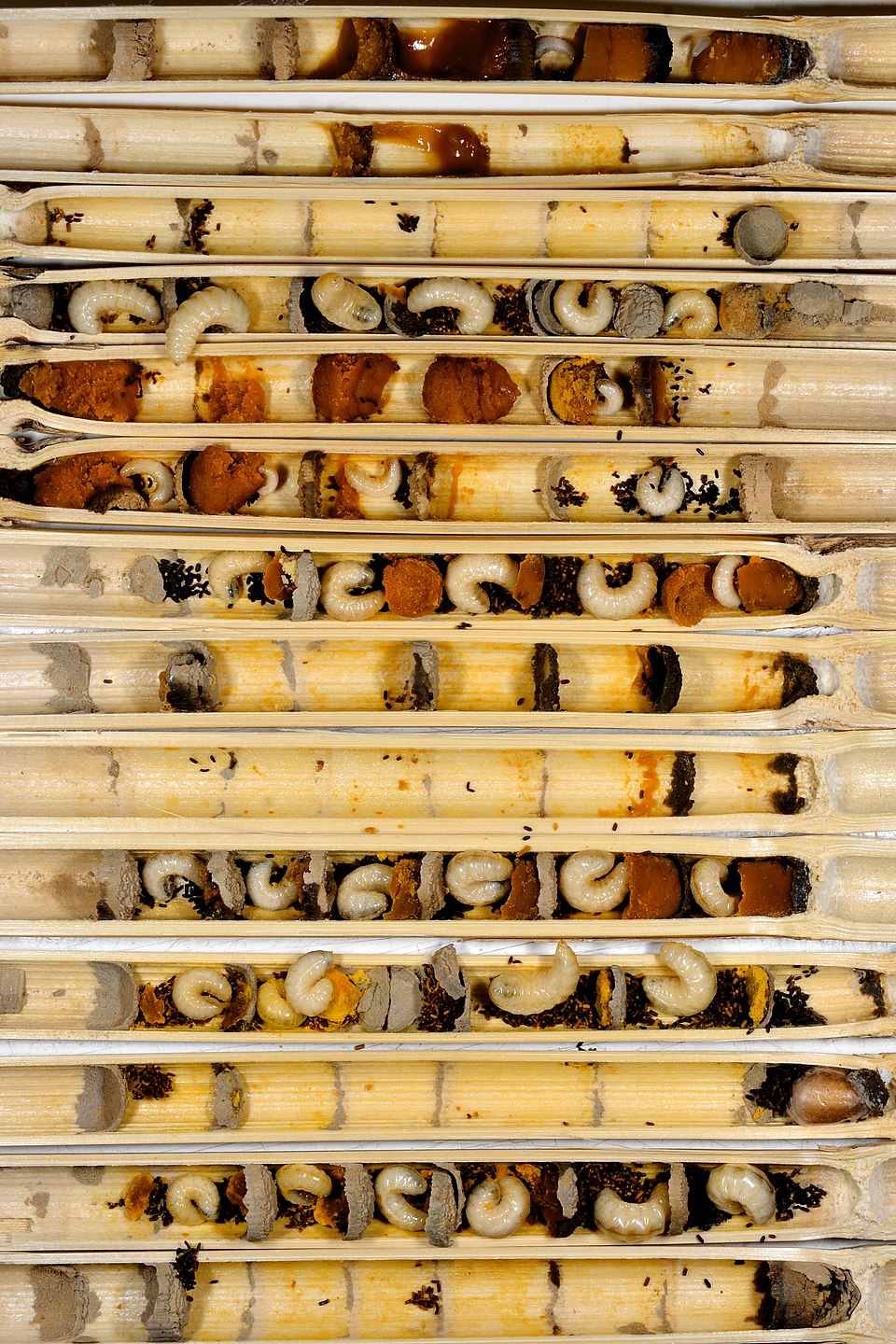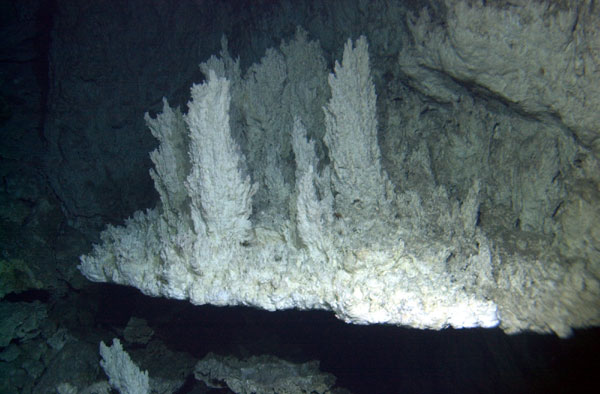Ancient Bald Cypress Trees Reveal 2,000-Year Climate History

A recent study led by researchers at Florida Atlantic University has unveiled alarming insights into the long-term impacts of climate change on bald cypress trees (Taxodium distichum) in the southeastern United States. This research, published in the Proceedings of the National Academy of Sciences on June 9, 2025, highlights how centuries-old tree rings serve as a natural archive, revealing significant climatic disruptions over the past two millennia.
The study focused on 95 specimens of ancient bald cypress preserved in subfossil form near the Altamaha River in Georgia. Utilizing radiocarbon dating and tree ring analysis, the research team reconstructed growth patterns dating back over 2,000 years. The findings indicate a stark decline in the average lifespan of these trees, which plummeted from over 470 years before 500 A.D. to just 186 years afterward. This significant shift corresponds with the onset of the sixth-century climatic event known as the Vandal Minimum, which is believed to have resulted from extreme volcanic activity and possibly a comet impact.
Dr. Katharine G. Napora, the study's senior author and a researcher at Florida Atlantic University, emphasized the importance of these trees as indicators of environmental changes. "The rings of the bald cypress are like nature's journal entries, written year by year and season by season, showing how even slow changes can shape the course of life," she stated. The study reveals that even centuries after the initial climatic disruptions, the trees did not regain their former longevity. Notably, the last of these long-lived specimens perished during the Little Ice Age, underscoring the lasting effects of major climate shifts on coastal forests that are already vulnerable to environmental stressors such as rising sea levels and saltwater intrusion.
Interestingly, the researchers found no evidence linking human activities, such as logging or fire, to the decline of these trees. Instead, they identified that dry spells may have facilitated the spread of pests, further exacerbating the trees' struggles. "These ancient giants not only inspire awe but also serve as natural archives, helping scientists understand how trees have weathered past climate events – and how they might fare in the face of modern climate change," said Dr. Napora.
Despite the concerning trends, the study also highlights resilience. Isolated pockets of old-growth swamps continue to support bald cypress trees that are up to 2,600 years old, providing hope that some specimens may endure through periods of climatic adversity. "In their quiet persistence, these trees offer both a warning and a lesson: that the world is more interconnected than we often realize, and that the story of the Earth isn’t only told through written history – it’s etched into wood, embedded in landscapes and carried forward by living organisms," Dr. Napora concluded.
This research not only contributes to the understanding of climate impacts on natural ecosystems but also emphasizes the interconnectedness of environmental changes, both natural and anthropogenic, throughout history. As climate change continues to pose challenges globally, studies like this serve as a reminder of the long-lasting effects of environmental shifts and the need for concerted efforts to address contemporary climate issues.
Advertisement
Tags
Advertisement





